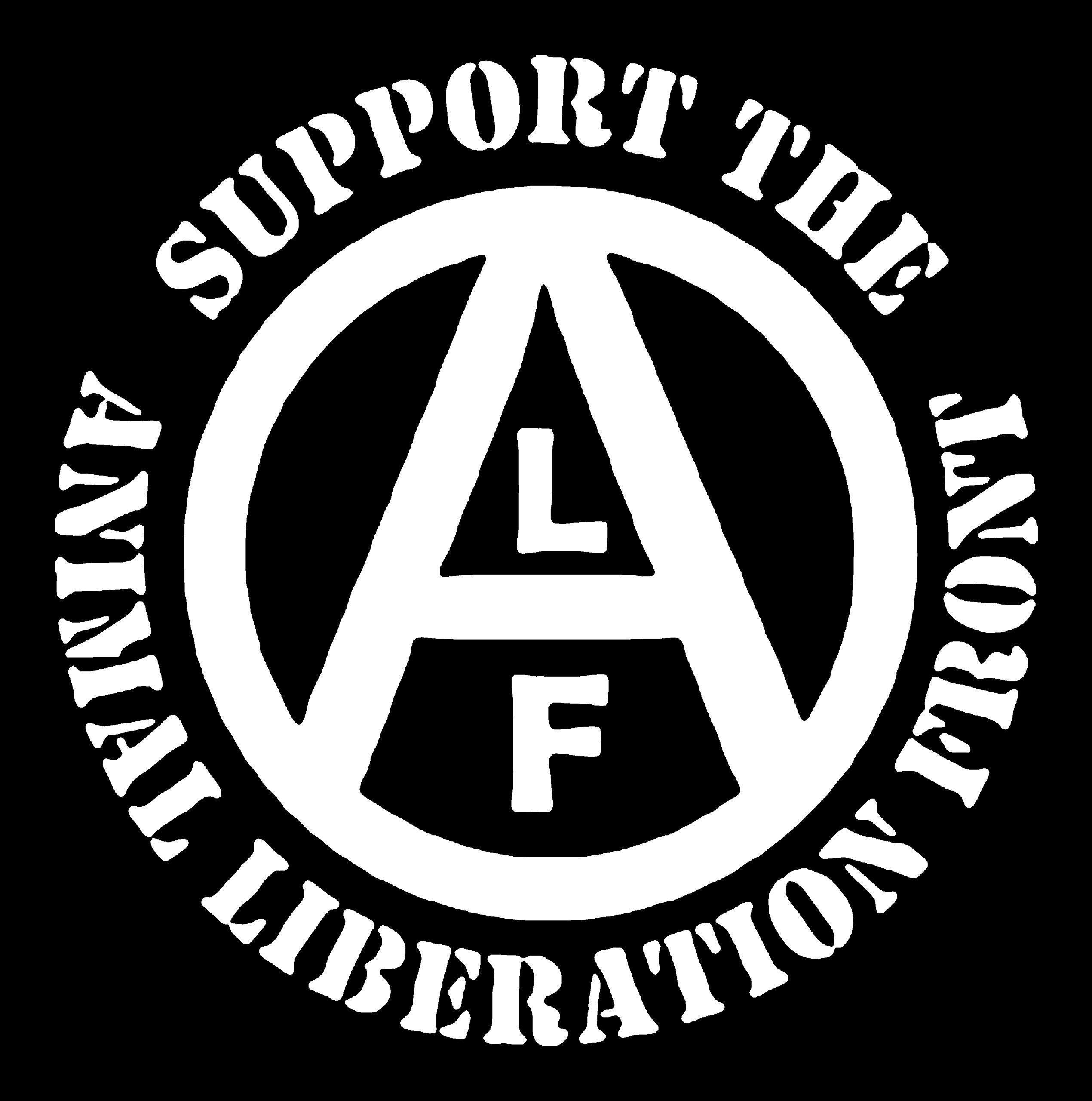

It really is a matter of scale. Even at the scale of society as a whole, you as an individual don’t “matter” in that your presence (or lack of it) isn’t going to impact its course or functionality. It’s literally why we have to organize in order to even have any hope of achieving our aims. We certainly don’t “matter” on a global scale. However, what the person in the OP image said is entirely true. At the scale of our families and social group, and absolutely at the scale of our individual experience, each of us matters profoundly. At the scale of our individual experience, each of us is a universe unto ourselves.
It is infuriating to me when people refuse to understand that what is true at one scale may not be (and usually isn’t) true at another scale, but that this does not invalidate how true things are at any other given scale. The fact that your impact on the galaxy as a whole is so small as to be effectively insignificant does not mean that your impact on the world you live in, literally your sphere of experience and influence, is insignificant, because the truth is that it is extremely significant at that scale.
Western culture and society is pathological in how it simultaneously acts as though the only reality is what exists at the scale of the individual when it comes to blame and “rEsPoNsIbiLitY” but will utterly diminish and demean the experience of any individual that doesn’t spend their existence on this earth in service of the great evil god of capital. It’s Thatcher’s “there is no such thing as society, only individual men and women and families.” Meanwhile every single one of those individual men and women (rather the ones who don’t own or control capital) are treated as nothing more than a cog in a machine, a sliver of utility to be used as such then expended and replaced as such. It’s a philosophy that cherry-picks only the convenient truths of how things work at various different given scales and applies them across the board as if they’re true at all other scales, all of course to serve the interests of the ruling class. It is a source of many of the philosophical contradictions of capitalism and the diseased society that results from it.









Yes. This. This is exactly what I was talking about in my other comment in this thread, posted before seeing this one. I was calling it scale instead of scope, but this is spot on.
People will pick and choose how things function at one scope and pretend it applies at others. A lot of people, even good well-meaning ones, will do this and fall into this trap, but particularly shitty people will do this as a way to justify their garbage beliefs or justify hurting and demeaning others. Exactly like OP image “you don’t matter 'cause the Earth doesn’t give a shit if you’re here or not as one person. You’re a loser for thinking you matter at all.” FUCK that. You absolutely matter, just not necessarily at the scale/scope of an entire planet orbiting a star, that doesn’t invalidate or make meaningless the just as real scale/scope at which you DO matter. Their application of how things function at scale is always used in whatever way is beneficial to them at the moment or to prove whatever flawed, even sadistic point they’re trying to make. Capitalists, politicians, and of course the mass media under their control do this constantly and it infuriates me to no end.